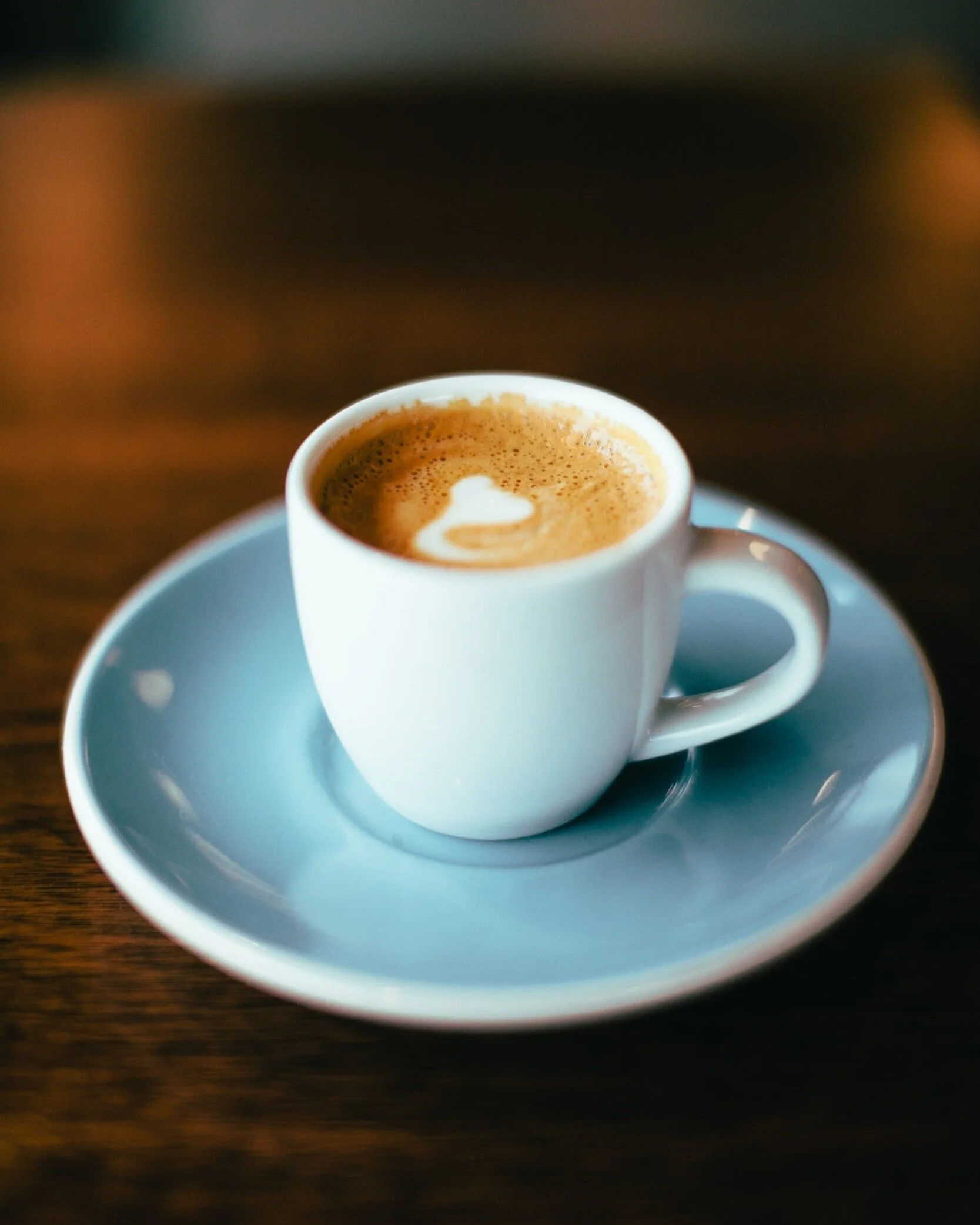Part I: Ayurveda, Coffee & Women
Ayurveda is a system of understanding nature. It is a sophisticated medical science and it is also grandmother’s healing remedies. Ayurveda is very old and very wise.
In the West, we have focused our understanding of Ayurveda around food and nutrition, because well, Ayurveda has a lot to offer around healing with food. Yet, despite popular belief, there is no one food that is Ayurvedic, there is no one Ayurvedic way of eating, there are no herbs that are exclusively Ayurvedic, and there is no one medicine that is Ayurvedic.
Every food can be Ayurvedic, in the right moment, at the right time, for the right person, and the right season. Similarly, all of our western herbs can be Ayurvedic if we know their quality, when to use them, why and how.
Let’s start with rat orgasms
There are scientific experiments where rats were given electric shocks every time they leaned up against a stimulus bar. What scientists found is that the rats would continue to go to the orgasmatron bar, experience a pleasurable stimulus, and just lean up against the bar over and over and over again all day long. And the rat would collapse in its own dead pool of…..essentially orgasms.
Well, is it any different from our daily stimulants? A little bit of a stimulant may be ok, but too much will wear us down. Because we are genetically pretty similar to rats, we too will continue to lean into anything that gives us a dopamine boost.
Ayurveda & Coffee
What does Ayurveda have to say about stimulants? Rather than point fingers and paint a black and white scenario, Ayurveda says, “it depends.” Coffee is not bad, coffee is not anti-Ayurvedic. In fact, Dr. Vasant Lad, one of Ayurveda’s eminent scholars, suggests prescribing coffee to people who are “Kapha” (bigger boned, earthy peeps) to boost their metabolism.
Coffee can be good for you. Coffee has amazing properties like polyphenols which have been shown in some scientific studies to be helpful for brain function.
The flip side is that coffee has a powerful effect on many systems in our bodies and alters our chemistry. It especially affects our circulatory, nervous system, endocrine, and digestive systems. That basically means it affects ALL of our body according to Ayurvedic medicine.
From an Ayurvedic perspective, coffee is bitter, astringent, hot and oily, heavy and it’s very drying to all our tissues. It’s a heavy oily bean you are drinking after all, not a light leaf (tea).
Coffee dries up our lymph system, it heats the blood and it stimulates the digestive and nervous system. It acts like a very powerful diuretic means it pulls water from the body and is a powerful stimulator of what’s called the gastro-cholic reflex (your elimination system). It overstimulates the gastro-cholic reflex and over time it weakens the natural tonicity of your body’s ability to eliminate. Ever see how people use coffee as a laxative? Coffee helps you go to the bathroom but also dries your colon so without drinking it you get constipated and stuck in a vicious cycle.
Go here for Part II of the Ayurveda, Women & Coffee series.
Warmly,
References
Crowley, Michael A. Stimulus Control of lever-holding responses by rats along a light intensity dimension. University of Massachusetts Amherst, 1977.
Linden, David J. "The Compass of Pleasure: How Our Brains Make Fatty Foods, Orgasm, Exercise, Marijuana, Generosity, Vodka, Learning, and Gambling Feel So Good. 2011.
Poole, Robin et al. Coffee consumption and health: umbrella review of meta-analyses of multiple health outcomes. Pubmed, 2017.


